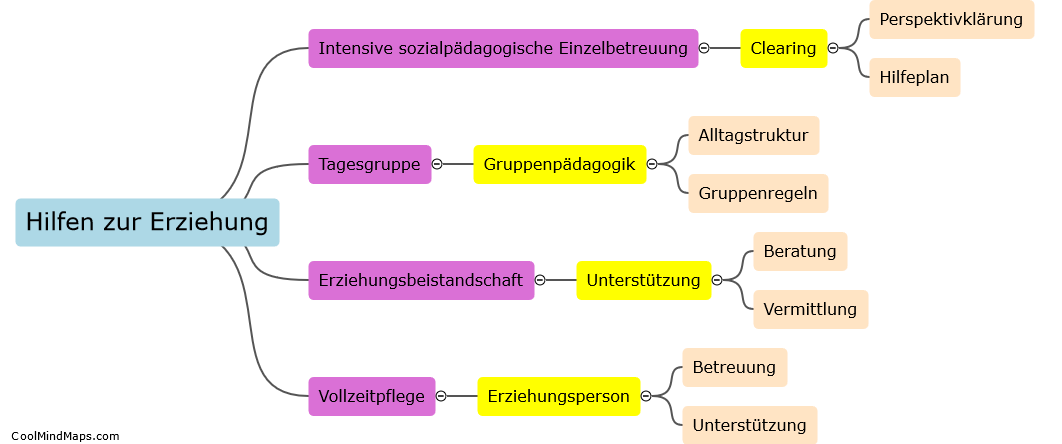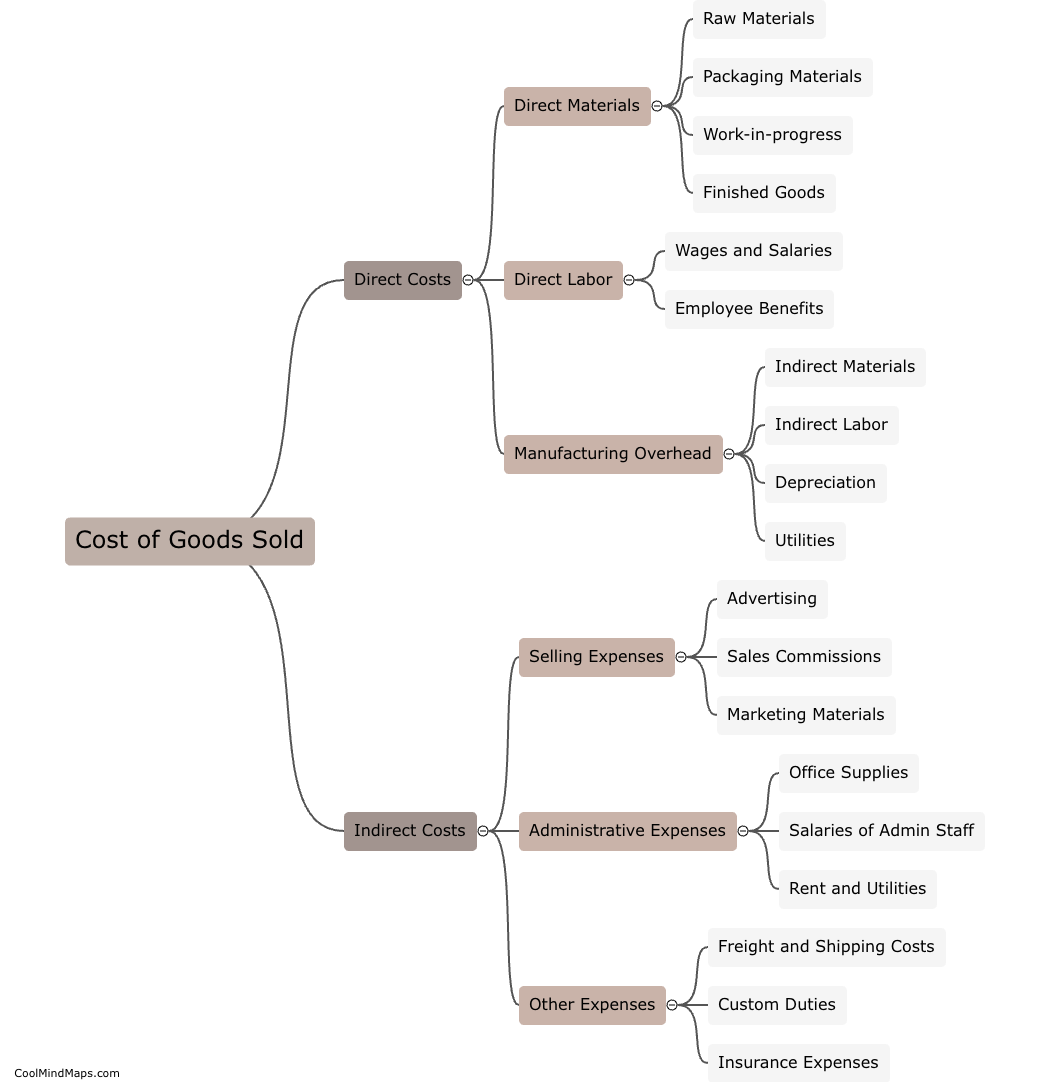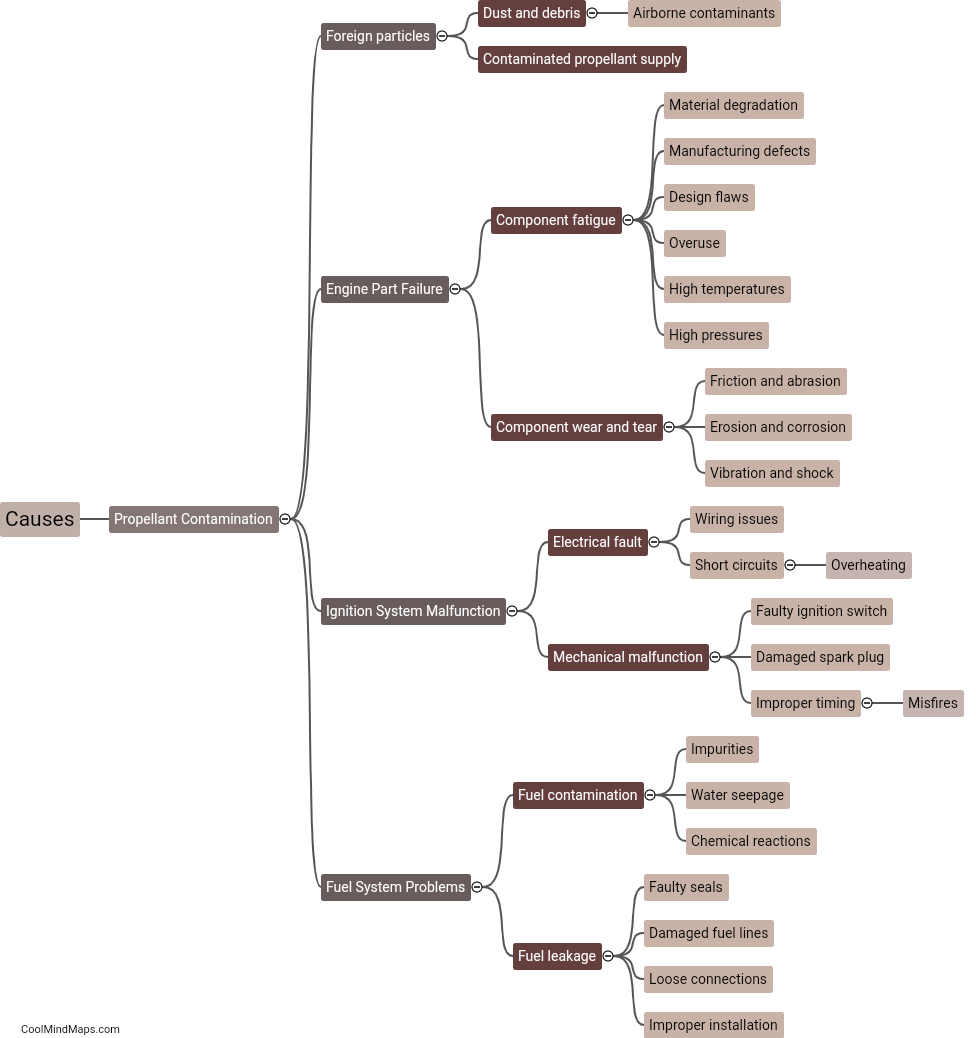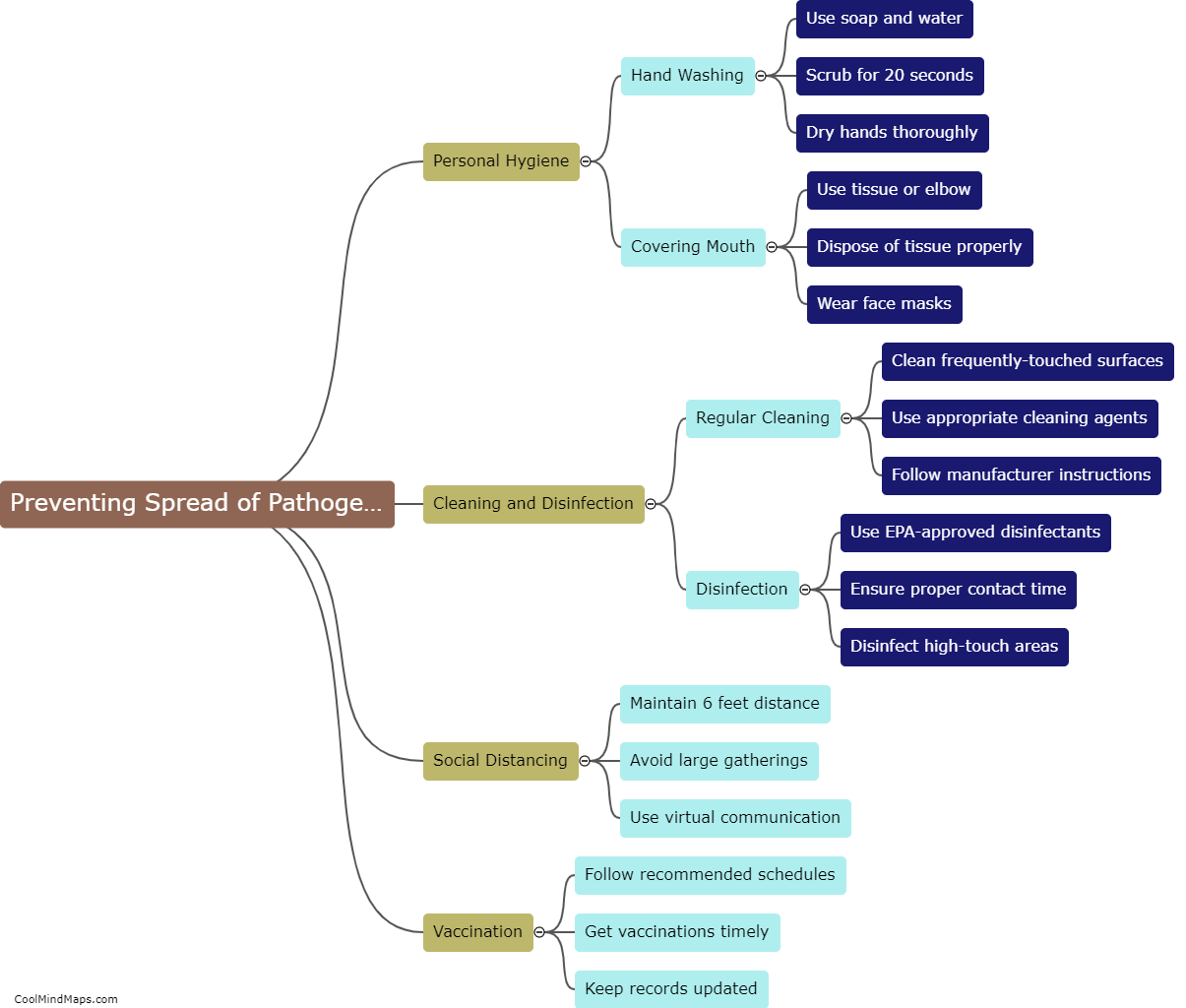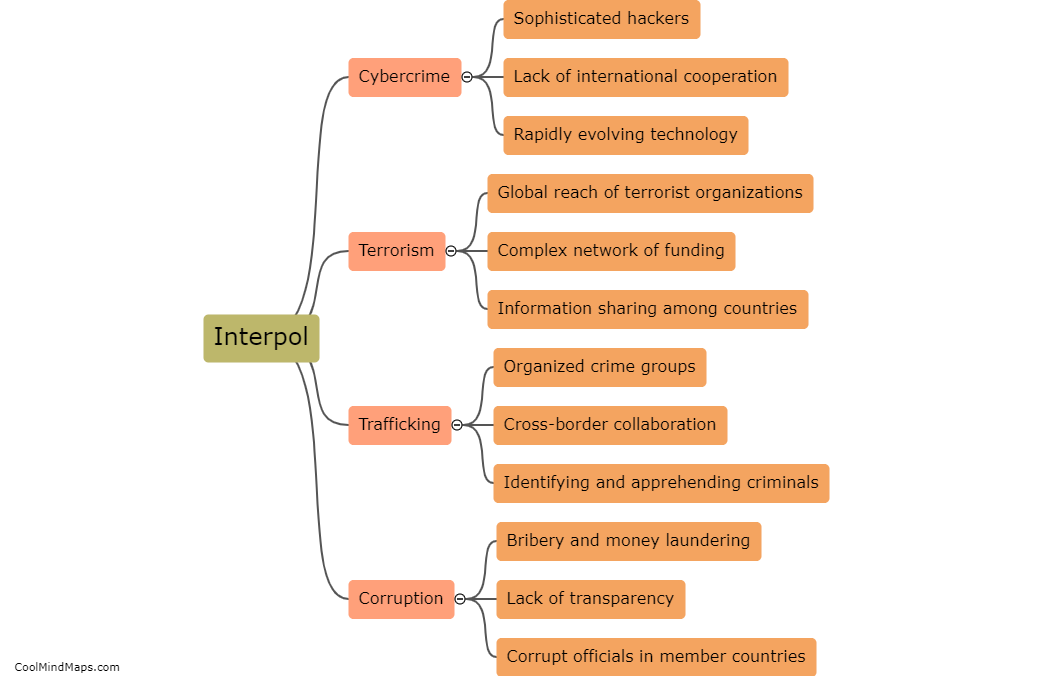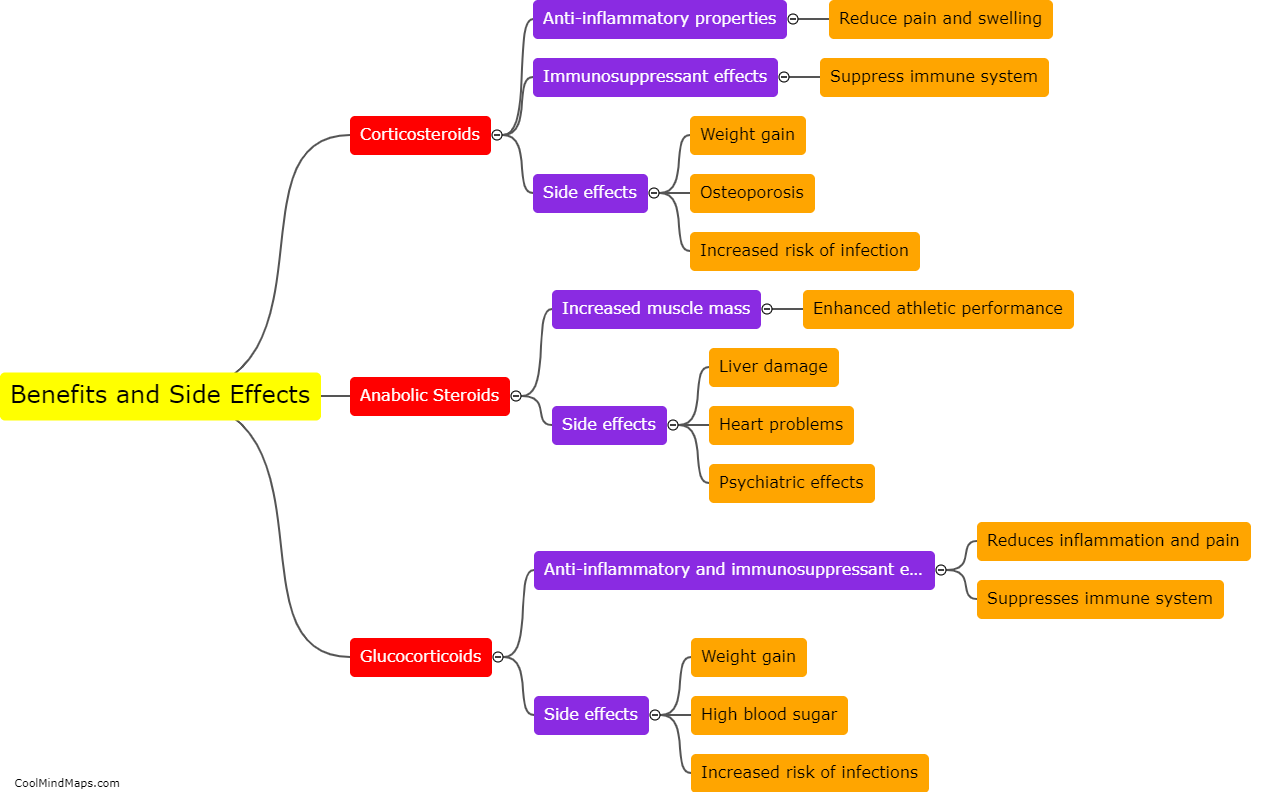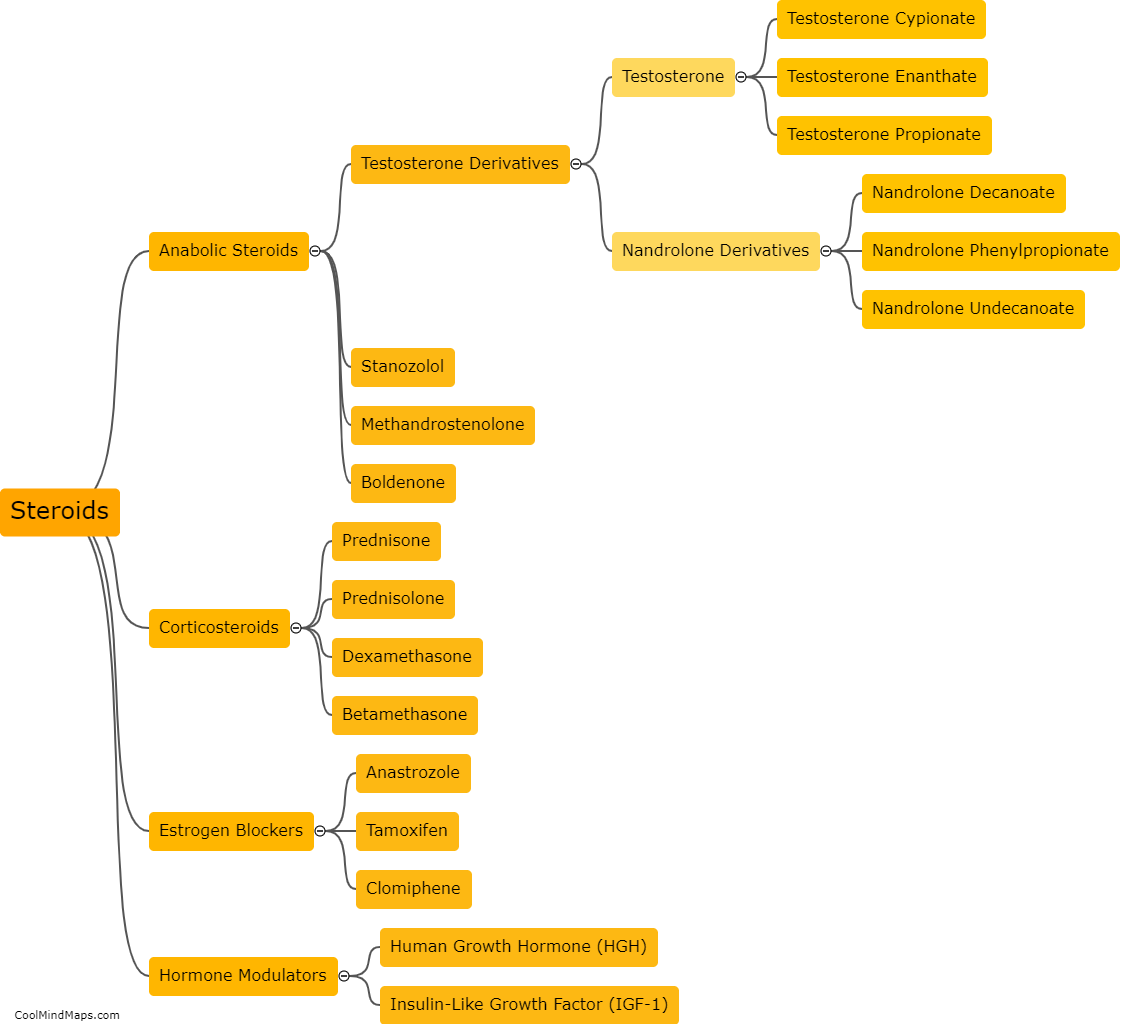How does Interpol facilitate cooperation among member countries?
Interpol, the International Criminal Police Organization, plays a vital role in fostering cooperation among its member countries. It acts as a platform for law enforcement agencies from around the globe to collaborate, exchange information, and work together in combating international crime. Interpol provides various mechanisms to facilitate this cooperation. Firstly, it maintains a state-of-the-art communication network that enables member countries to securely exchange intelligence and operational data in real-time. This system ensures rapid and efficient sharing of information, allowing law enforcement agencies to promptly respond to emerging threats. Additionally, Interpol organizes frequent meetings, conferences, and training programs to enhance professional relationships between member countries' police forces, encouraging personal dialogue and fostering trust. Furthermore, Interpol uses its databases and expertise to support investigations and help member countries coordinate efforts in apprehending criminals who operate across borders. By offering these resources and fostering collaboration, Interpol strengthens global security and effectively combats transnational crime.
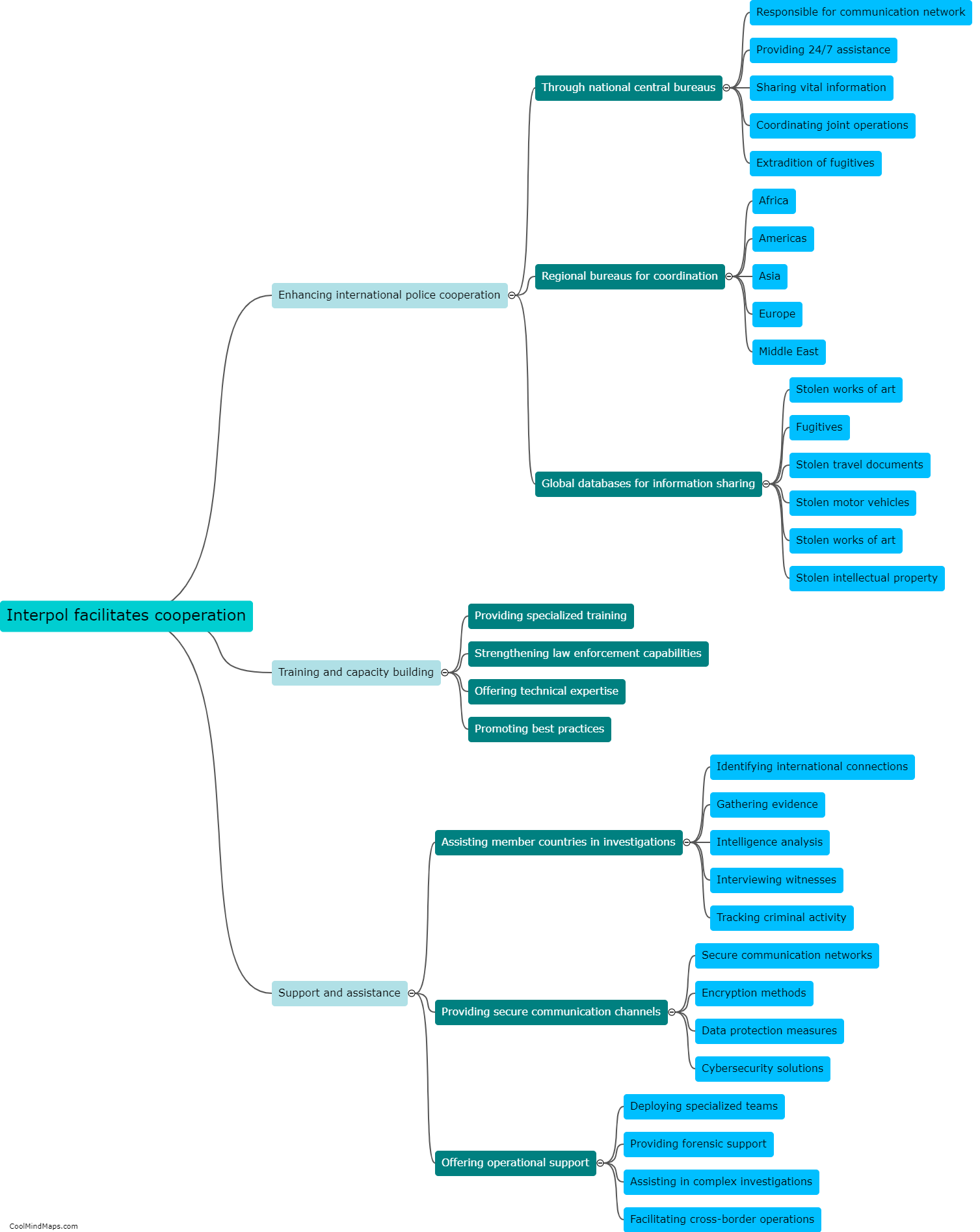
This mind map was published on 5 December 2023 and has been viewed 87 times.
